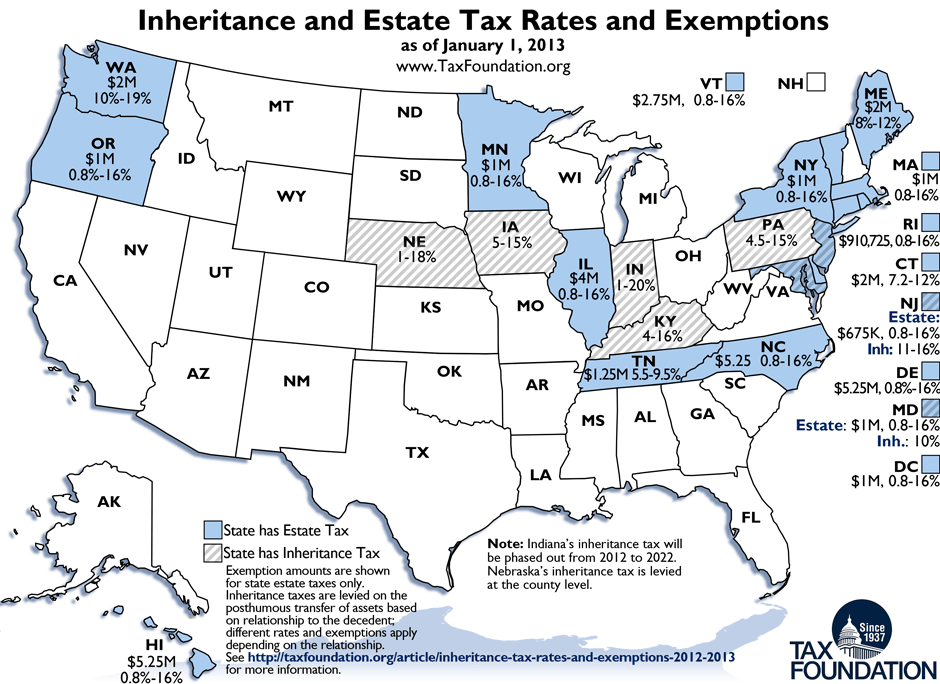The first in a short series on tax policy.
Progressive Taxation Overall
Some progressives believe that every single tax must be progressive. Instead, progressivity is more properly measured by an examination of overall taxes rather than each tax separately. In other words, regressive taxes—such as the gas tax or car registration tax—are fine as long as the overall system remains progressive.
Federal Taxes Should be the Most Progressive
The ability of many businesses and individuals to move pits states and localities against one another in terms of the tax burden. While not all businesses can easily change locale, others may choose where to locate based at least partly on state and local taxes. In contrast, it’s harder for many businesses to escape the United States even in our increasingly globalized economy.
Even Flat Taxes Can be Progressive
If you have a flat tax rate of 5% that only kicks in after the first $50,000 in income, the percentage of total income paid will vary dramatically based on income. People who earn less than $50,000 will pay nothing, while people who earn $70,000 will pay $1000 (5% of the $20,000 above $50,000) or 1.4% of total income. In contrast, people with incomes of $120,000 will pay $3500, or 2.9% of income. Someone with an enviable income of $1,000,000 per year would pay $47,500, or 4.75%.
In the years when Maryland became the wealthiest state in the country, we had a very flat tax that was not at all progressive because the top marginal rate kicked in with only a few thousand dollars of income. Today, we have gone in the opposite direction with progressive taxation with a variety of marginal rates.
Broad Based is Best
The temptation to encourage or to discourage different activities through the tax code is great. But loopholes or variation in tax rates are economically distortive and make the code more complex. Broad based taxes also spread the pain of taxation across different businesses and fields of economic activities.
Externalities are the Exception
The key exception to broad based taxes should be when economic activity dumps costs unfairly on the public sphere. Pollution is the key example as polluters dump the cost of cleaning up their mess on everyone else. As a result, levies on these sorts of activities can help discourage them or pay for cleaning up the mess at time even if broad-based taxation should remain fundamental.

